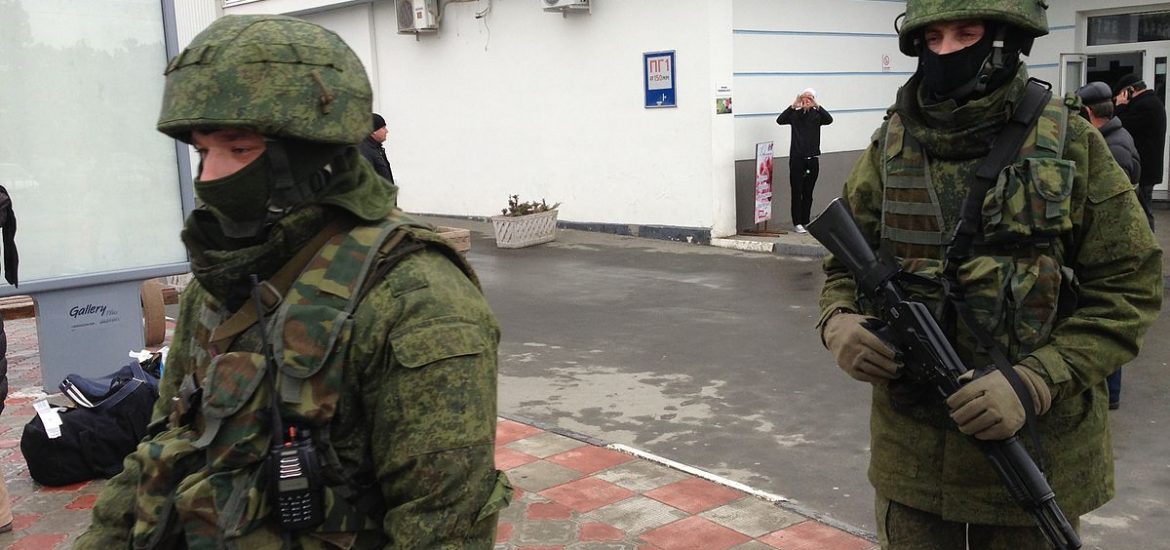
The US Agency for International Development (USAid) is reportedly planning a five-year US$90-million project to support Ukrainian energy reform and security.
Parliamentary committee member for fuel and energy Olha Belkova said: “The project is being finalised and executors are being selected by the US government.
“The interest, support and desire to cooperate are in our favour,” she posted on Facebook.
Belkova said that the project would prioritise the introduction of competition on energy markets, assistance to the municipal authorities, stimulate renewable energy, promote energy cyber security, establish an energy market regulator, increase or search for new models to manage the gas transport system and develop Ukraine’s integration with the EU.
The State Inspectorate for Nuclear Regulation said the European Commission was launching a three-year project aimed at enhancing the possibilities of the body overseeing nuclear operations, licensing and analysing accidents at nuclear reactors. The cost of the project was estimated at €5.5 million.
US strategic engagement in Ukraine has been boosted since the 2014 seizure of the Crimean peninsula and is being used as a possible case study for possible future attacks on the US soil.
Security analysts in the US say the Ukrainian grid is of particular interest because past attacks may well have been for purposes of signalling capabilities, according to Chris Inglis, who served as the deputy director of the National Security Agency from 2006 to 2014. “[Previous energy] attacks were done visibly and in a venue where the United States couldn’t react,” Inglis said.
“What worries me most about Russia is not its technology, but its audacity and their willingness to cross the line. They have proved themselves willing to do things that cross every definition of red line,” he added.
Cyber-security firm Dragos, which analyses Ukrainian grid attacks, said an usual spike in activity was being reported in the former Soviet state.
Before mid-November, Dragos had registered very little activity in Ukraine from the group that plotted last year’s cyber attack. “In our assessment, it would be completely reasonable to execute an attack this month,” the firm’s CEO Robert Lee warned.
Michael Assante of cyber-security specialist SANS Institute has investigated the 2015 attack. He said the continuous and sustained access campaigns in Ukraine following the Russian-backed invasion of eastern Ukraine made it difficult to assess whether a Christmas attack was being planned.
“The attackers could launch an attack if they believed an attack served a purpose and felt that the risk of being foiled was low enough to proceed,” Assante said.
Russian troops with unmarked uniforms at Simferopol International Airport in February 2014. Picture credit: Wikimedia





